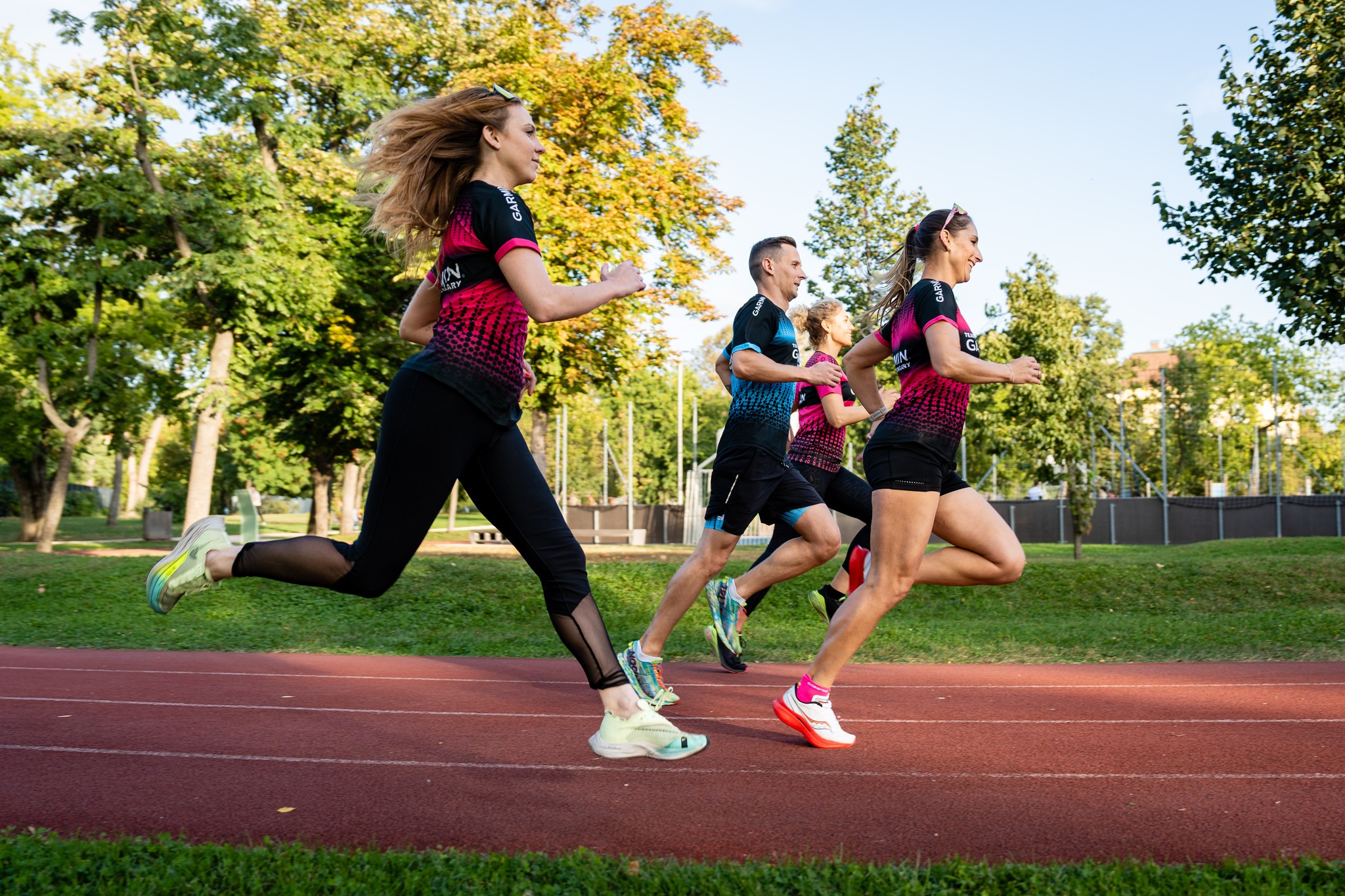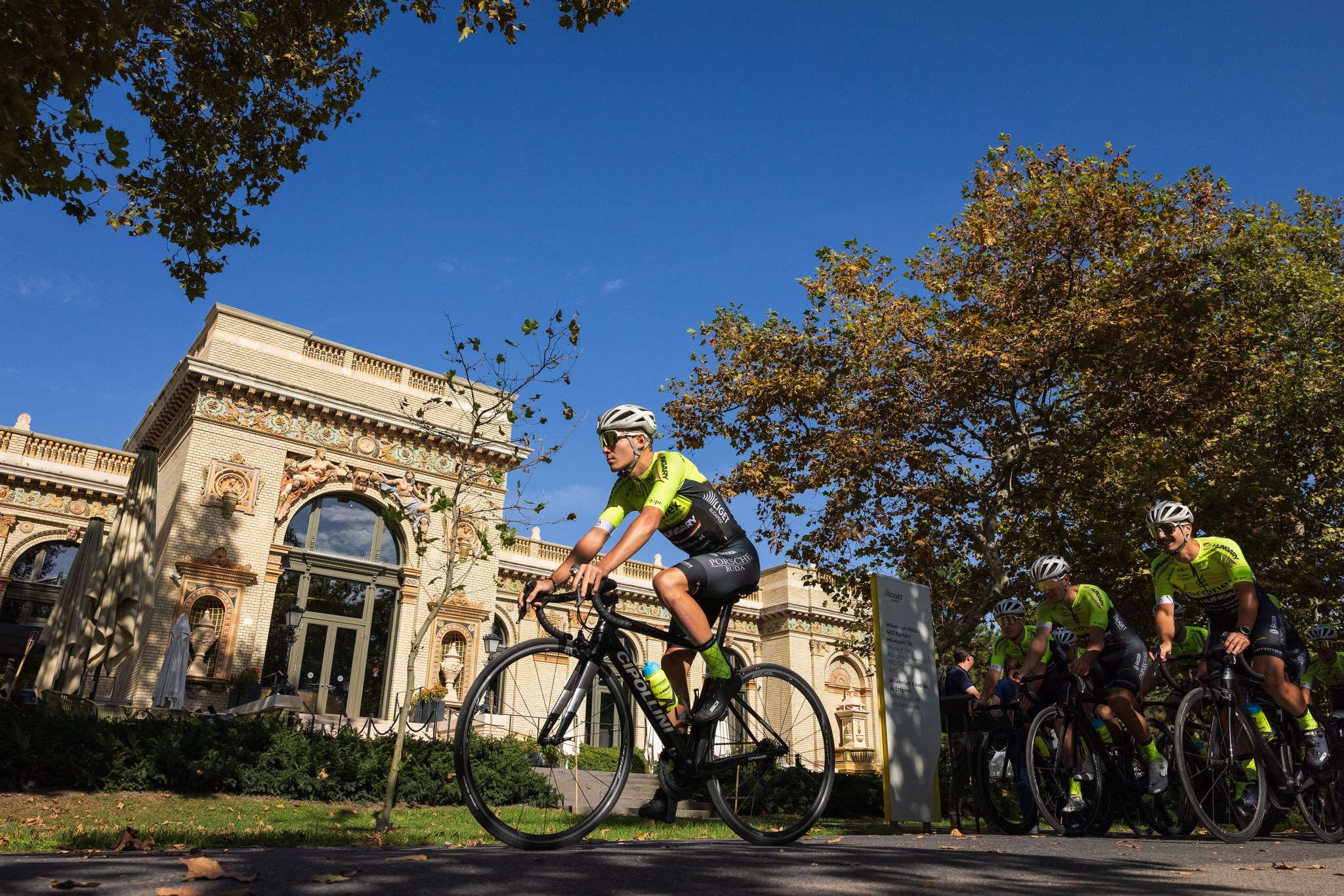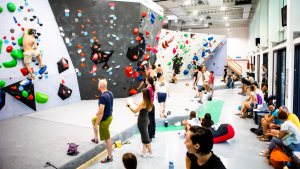
Half of the Hungarian population never do sports, but progress can be made given the right conditions.Continue reading

As people around the world are doing less and less sport, the WHO Director-General for Health Promotion is urging everyone internationally to be more physically active to stay healthy. At the same time, in Hungary, the number of people exercising in their leisure time has almost quadrupled in the past 10 years, Világgazdaság reports.
The WHO recently published a report showing that almost 1.8 billion adults face health risks due to lack of physical activity worldwide. The study found that between 2010 and 2022, physical inactivity increased by around 5% worldwide. A lack of physical activity puts the adult population at risk of disease and the situation is only getting worse around the world, the organization warned.
For the total population, Hungary is in a better position than average:
The number of recreational athletes has increased over the past 5 years, but their numbers are scattered. The population has not grown as much as the list of services has widened,”
said József Kiss, the secretary general of the National Association of Hungarian Fitness Centers.
After the pandemic, many people started exercising outdoors or many setting up their own studios in their homes. Fitness-type studios have also proliferated recently, such as indoor climbing and yoga studios. The secretary general pointed out that
10 years ago, 1-2% of the Hungarian population did some kind of sport regularly or intermittently, but today the figure is around 5%.

Photo: Facebook/Liget Boulder
Rudiger Krech, WHO Director-General for Health Promotion, has called for the international promotion of affordable and enjoyable physical activity for all to maintain population health.
Employers in Hungary are also trying to contribute to workers’ recreation programs by providing the so-called Széchenyi (SZÉP) card as a supplement to their income or by individual subsidies.
The card can be used for sports, leisure and wellness activities, participation fees for sports events, use of spas and theme parks.
According to WHO recommendations, adults need 150 minutes of moderate-intensity or 75 minutes of vigorous-intensity physical activity per week. Moderate-intensity exercise includes walking at a pace of 6 kilometers per hour or faster, vigorous cleaning such as washing windows and mopping, cycling at a speed of 16-19 kilometers per hour or playing badminton. High-intensity physical activity included climbing, running at 10 kilometers per hour or more, fast cycling, football, basketball and tennis.
Via Világgazdaság, Featured image: Facebook / Liget Budapest